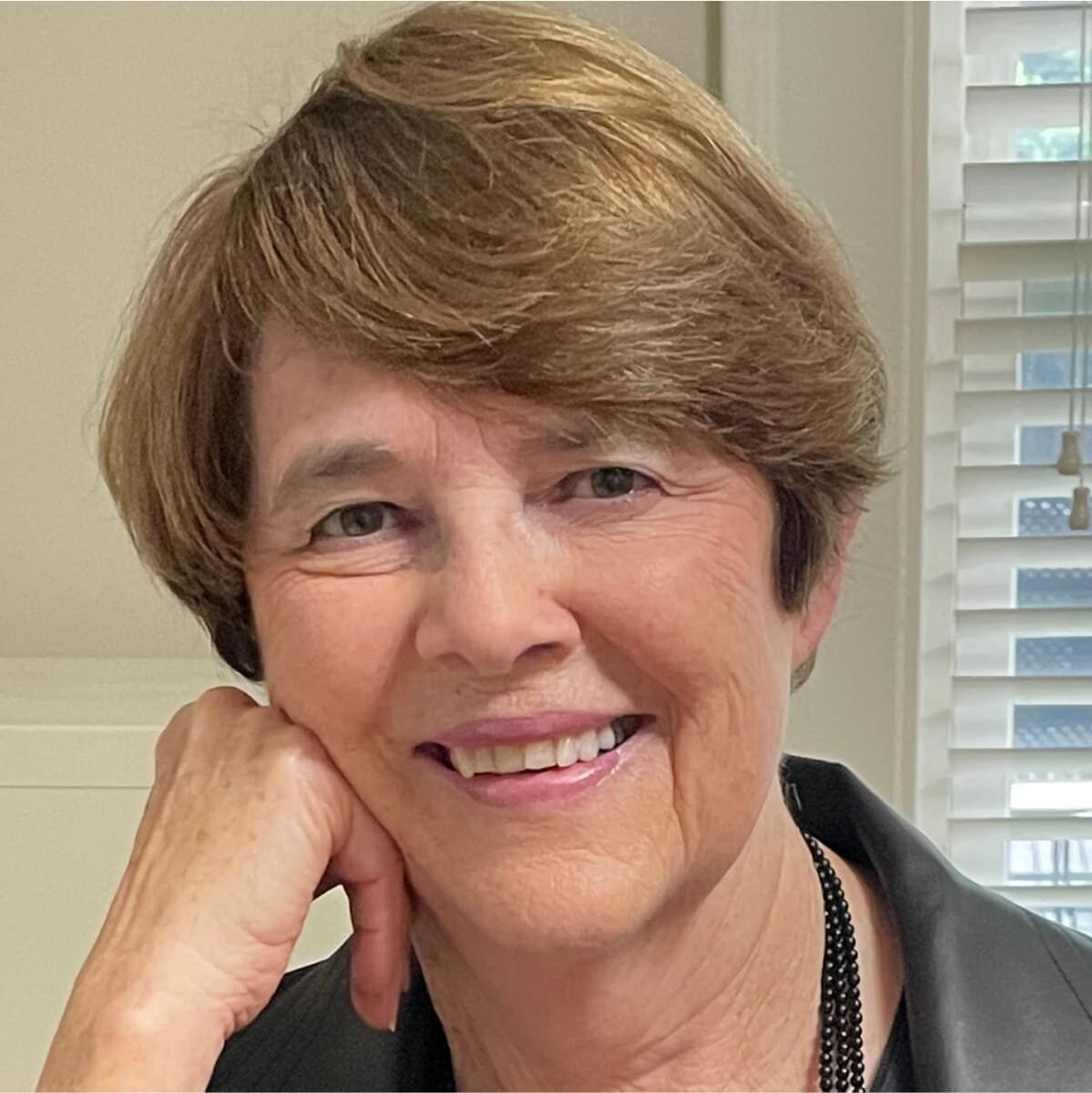
The Joy of Reading
April 15, 2016
A month or two ago, a video made the rounds on social media showing a little girl sobbing her heart out when she learned from her grandmother that Barack Obama wouldn’t be president much longer. He has been in the Oval Office since the first-grader, whose name is Kameria Crayten, was born.
She has known no other president.
Young Kameria, who is African American, was invited to the White House to meet her hero a few weeks ago, and a wonderful moment ensued that was caught on tape. President Obama hugged the child, and then asked her: “Are you working hard in school? OK, you’ve got to be a reader now!”
It was music to my ears. I have been a hungry reader since early childhood. One of my clearest memories is sitting on my bedroom floor at about age seven, reading Little House in the Big Woods by Laura Ingalls Wilder over and over and over again. (At some point I finally realized that the Little House books were a series, and I could find the rest of them, too.)
President Obama is, of course, an ardent reader and a lyrical writer. In my experience, the two usually go hand-in-hand. But reading also showers us with such a cascade of additional benefits that I cringe when I hear people say, usually blithely, that they don’t read. “Don’t have the time,” some say. “Only read if I have to,” others report. “Prefer to watch TV,” they declare.
It makes me crazy. And so, here is my paean to the pleasures—and the advantages—of being a reader.
• Reading makes you a better student. I have yet to see a good reader that isn’t a good pupil. So much of what you learn in school depends on how well you can read.
• Reading helps you stay mentally stimulated, which can slow the progress of, or possibly prevent, Alzheimer’s disease and dementia.
• Reading makes you more knowledgeable about most everything, which definitely can come in handy over a lifetime. (One of my favorite things, for example, about All the Light We Cannot See, the splendid Pulitzer Prize-winning novel by Anthony Doerr, is what I learned about such topics as triangulation, radio frequencies, transmitters, mineralogy, the mathematical invisibility of light, and teensy-tiny model houses.)
• Reading expands your vocabulary. Being articulate is a great help in any profession, and in life.
• Reading improves your focus and concentration. In today’s frenzied, digital world of 140-character tweets, quick texts, Instagram, Facebook, smart phones and Skype, we are pulled in many directions simultaneously. But when you read a book or a substantial magazine article, you are forced to focus on the story. This lengthens your attention span and decreases stress.
• Reading improves your writing skills. Nicely written work helps your own prose become more fluid. Writers learn their craft by reading and studying the work of others.
• Reading transports you to new (or old) worlds. Can’t travel as much as you’d like? Want to learn new languages and cultures? Need to pick up a new skill? Interested in studying the ancient Greek philosophers? Books are just the ticket.
• Reading books and long articles is relaxing. It’s a quiet activity. You can sit outside with a book and listen to the birds. And there’s a bonus: studies have shown that reading spiritual texts can lower blood pressure and make you calmer.
• Reading vastly improves your communication skills, which, let’s face it, helps both in your job and in everyday life.
• Reading can lead to self-improvement. All those self-help books out there must be helping someone.
• Reading boosts your imagination and creativity.
• Reading is fun. To me, it is a precious gift. I remember the horror I felt when a colleague told me years ago she was requiring her middle-school son to read a certain number of books during the upcoming summer vacation because he had disobeyed her repeatedly. “But that’s giving him the message that reading is a punishment,” I said in dismay. She shrugged.
Unfortunately, reading has declined in America over the past few decades as TV and the Internet have hijacked our book culture. In 1978, Gallup found that 42 percent of American adults had read 11 books or more in the past year. (Thirteen percent said they’d read more than 50.) Today, Pew finds that just 28 percent of American adults hit the 11 mark, according to The Atlanticmagazine. But there is a nugget of good news. The percentage of young folks (ages 18 to 24) reading for pleasure has stopped declining, says The Atlantic. In today’s world, Dear Reader, that may be as good as it gets.

Jan Collins is a Columbia, South Carolina-based journalist, editor, and author. A former Nieman Fellow at Harvard and former Congressional Fellow in Washington, D. C., she is the coauthor of Next Steps: A Practical Guide to Planning for the Best Half of Your Life (Quill Driver Books, 2009).